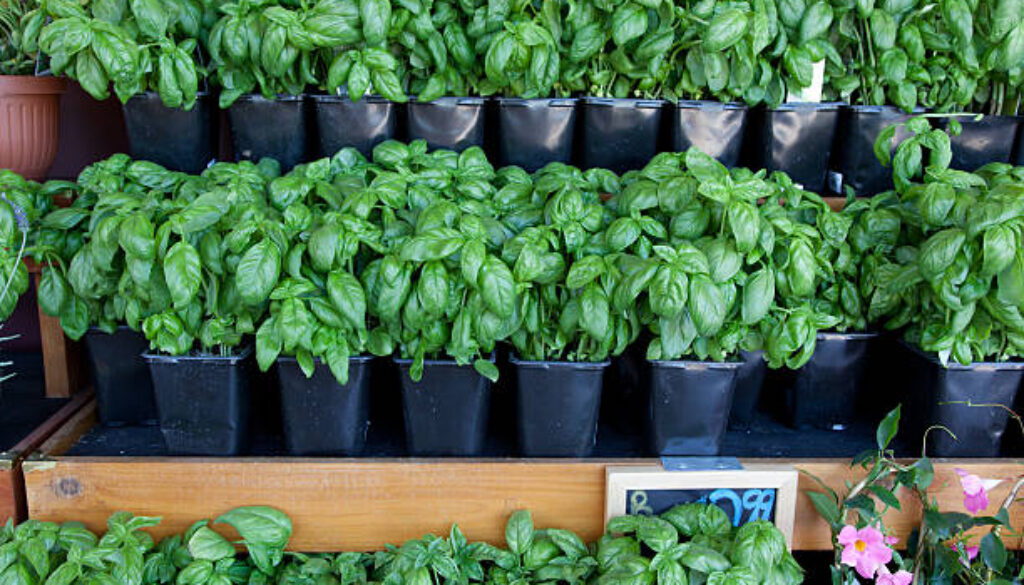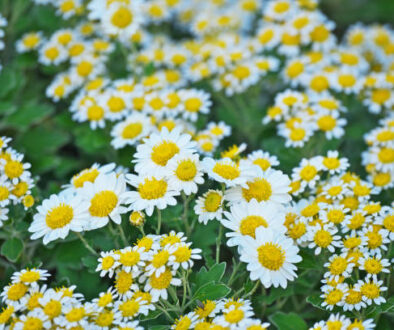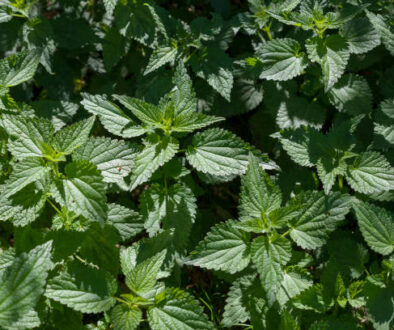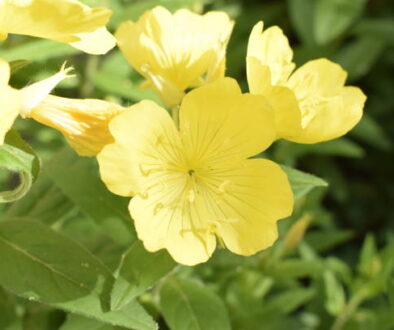12 Best Medicinal Herbs to Grow + Their Powerful Benefits
This post may contain paid and/or affiliate links. I may earn a small commission at no extra cost to you.
Ever thought about growing your own healing plants right at home?
Having a small patch of medicinal garden plants means you can pick fresh remedies right from your backyard whenever you need them.
It’s not just about saving money, it’s about knowing exactly where your herbs come from and how they’re grown.
In this guide, I’ll go over the best medicinal herbs to grow and exactly what makes each one special.
You’ll learn herbs and their benefits, how to use them, and why they deserve a spot in your garden.
I’ll also share a simple medicinal herb chart so you can remember which plant helps with what.
From cooling herbs that soothe summer heat to must-have medicinal herbs for everyday health, you’ll find practical tips for growing and using them.
Whether you’re planting for wellness, flavor, or even herbs for pregnancy, you’ll see just how easy and rewarding it can be.
Related:
- 28 Essential Herbs You Should Plant In Your Apothecary Healing Garden
- 26 Medicinal Plants for Your Garden: Natural Healing Remedies at Your Fingertips
- The 10 Best Herbal Plants And Their Uses You Need in Your Medicine Garden
1. Aloe Vera – The Skin Soother
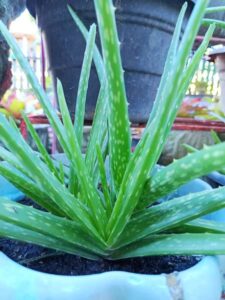
Aloe vera is one of the must-have medicinal herbs you’ll want in any garden.
Its gel is famous for calming burns, reducing redness, and speeding up healing for minor cuts.
Simply break open a fresh leaf and apply the gel directly to your skin—no processing, no chemicals, just natural relief.
It’s also a great addition to a medicinal herb chart because it’s so versatile.
Growing aloe vera is simple. It thrives in sunny spots and doesn’t need much water, making it perfect for beginners.
Keep it in a pot for easy access, especially if you live in a cooler climate.
💡Quick Note: Learn How To Transform A Typical Money-Draining House Into A Tiny Profitable Off-The-Grid Homestead. Click Here To Get Started Now!
Over time, the plant will produce offshoots that you can replant, giving you an endless supply of herbs medicinal for your home.
2. Peppermint – The Digestive Helper
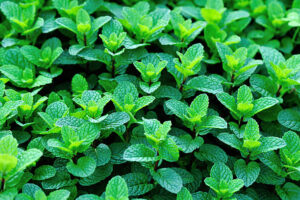
Peppermint is one of the best medicinal herbs to grow if you want a fresh supply of natural stomach relief.
A cup of peppermint tea can ease bloating, reduce nausea, and help digestion after a heavy meal.
You can also crush fresh leaves and inhale the scent to clear your sinuses.
This plant spreads fast, so it’s best to grow it in containers to keep it from taking over your medicinal garden plants.
It prefers partial shade and moist soil, and you can harvest the leaves anytime.
It’s also one of the tastiest cooling herbs, making it great for refreshing drinks on hot days.
3. Chamomile – The Calming Flower
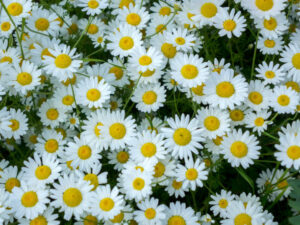
Chamomile has been used for centuries to reduce anxiety and help with sleep.
Drinking chamomile tea in the evening can help your body relax and prepare for rest.
It’s also gentle enough to be included in herbs for pregnancy lists (though always check with a doctor first).
As one of the prettiest medicinal garden plants, chamomile thrives in sunny areas with well-drained soil.
Harvest the flowers at their peak, dry them, and store them in jars for year-round use.
Its light apple scent makes it a pleasant addition to both your garden and your teacup.
4. Echinacea – The Immune Booster
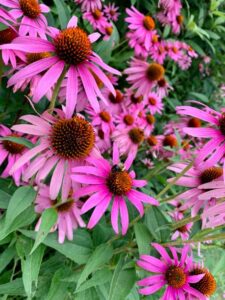
Echinacea is one of the must-have medicinal herbs for fighting off colds and flu.
Many people use it as a natural immune system booster, especially during the winter months.
The roots and flowers are both useful for tea or tinctures.
Want to discover the secrets the interior decorators use? This guide comes with all the interior design principles and stylish home decoration. Click Here To Access Now!
Plant echinacea in full sun and give it space to grow; it’s a hardy perennial that comes back year after year.
Aside from its health benefits, it produces beautiful purple blooms that attract pollinators, making it a win for both your health and your garden.
5. Ginger – The Warming Root
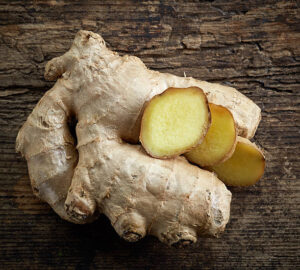
Ginger is famous for helping with nausea, sore throats, and inflammation.
Whether you make ginger tea or add it to meals, it’s one of the herbs and their benefits that you’ll use often.
Fresh ginger can also warm you up in cold weather, which makes it a good complement to cooling herbs in your collection.
You can grow ginger in pots indoors or outside in warm climates. It prefers rich, moist soil and partial shade.
After several months, you can harvest the rhizomes and replant a piece to keep your supply going.
6. Holy Basil (Tulsi) – The Stress Reliever
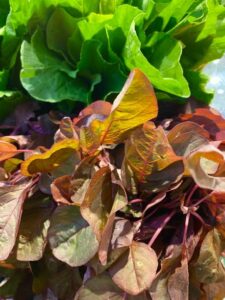
Holy basil, or Tulsi, is considered one of the best medicinal herbs to grow for reducing stress and improving focus.
It has a slightly spicy flavor and is used in teas to promote relaxation.
Tulsi also has antibacterial properties, making it a well-rounded choice for your medicinal garden plants.
It grows best in warm, sunny locations and needs regular watering.
Trim it often to encourage bushy growth, and you’ll have fresh leaves for tea throughout the season.
Its aroma alone is enough to make your garden feel peaceful.
7. Calendula – The Gentle Healer
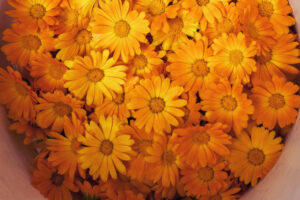
Calendula is known for soothing skin irritation, reducing swelling, and promoting healing.
It’s also used in creams, salves, and teas for its anti-inflammatory properties.
Its bright orange flowers add beauty to your medicinal garden plants while offering valuable herb benefits.
Calendula grows easily in most climates and blooms all season if you keep picking the flowers.
Dry the petals for later use, or infuse them in oil for homemade skincare products.
8. Lemon Balm – The Mood Lifter

Lemon balm is one of those must have medicinal herbs for anyone who wants a natural mood boost.
It’s known to reduce stress, promote relaxation, and support healthy sleep.
🌼Don’t You Dare To Miss Out On This Kit! The Medicinal Garden Kit is a Must-Have for Your Garden. Click Here to Access Now!
This herb spreads quickly, so grow it in containers if space is limited.
It loves partial shade and regular watering. Fresh leaves can be added to salads, teas, or infused water for a refreshing twist.
9. Sage – The Memory Supporter
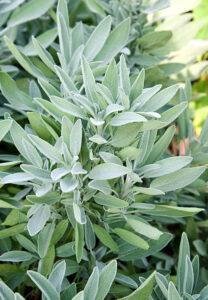
Sage tea is said to improve memory, soothe sore throats, and support digestion.
Its strong, earthy flavor also makes it a kitchen favorite.
Plant sage in sunny, dry areas for best results.
Trim it often to prevent it from getting woody, and you’ll have a steady supply of fresh leaves for both cooking and medicinal use.
10. Fennel – The Sweet Digestive Aid
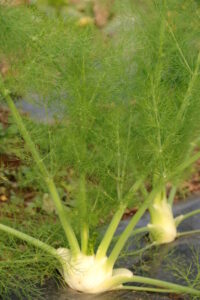
Fennel seeds are great for easing bloating and indigestion. You can chew them after meals or brew them into tea.
This plant loves full sun and well-drained soil.
Harvest seeds once they turn brown, and you’ll have a tasty and effective natural remedy ready whenever you need it.
11. Rosemary – The Focus Enhancer
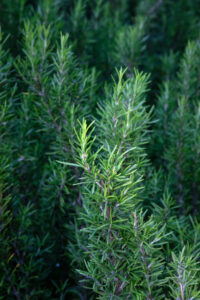
Rosemary tea can help improve concentration and boost circulation.
Its refreshing aroma makes it a great pick-me-up on sluggish days.
It grows well in sunny, dry areas and doesn’t need much water.
You can grow it as a perennial in warm climates or bring it indoors during the winter.
12. Yarrow – The Wound Healer
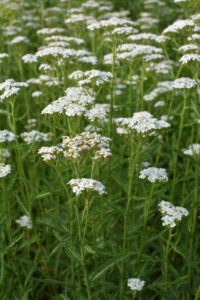
Yarrow has been used for centuries to stop bleeding and speed healing for cuts.
It’s also taken as a tea for digestive issues and fevers.
Plant yarrow in full sun and give it space; it’s hardy and drought-tolerant.
Its delicate flowers also attract beneficial insects to your garden.
Conclusion
Planting medicinal garden plants gives you access to natural remedies at your fingertips.
Whether you choose cooling herbs like peppermint or must have medicinal herbs like aloe vera and echinacea, you’ll find that each one offers unique herb benefits.
Start with a few of your favorites, learn their uses, and watch your garden become a source of wellness for years to come.
FAQs
- Can I grow medicinal herbs indoors?
Yes. Many herbs medicinal like peppermint, lemon balm, and aloe vera grow well indoors as long as they get sunlight and proper care. - How do I use a medicinal herb chart?
A medicinal herb chart helps you remember each plant’s benefits, best uses, and growing tips so you can make the most of your harvest. - Are all medicinal herbs safe during pregnancy?
No. While some herbs for pregnancy are safe, others can be harmful. Always consult a doctor before using herbs while pregnant. - How long before I can harvest medicinal herbs?
It depends on the plant. Some, like mint, can be harvested within weeks, while others, like echinacea, may take a full season before use.
